More and more people are choosing to charge their electric vehicles at home as EV usage grows. Level 2 charging makes overnight home charging of electric vehicles economical, feasible, and convenient. However, there is some planning and study involved in the actual installation process. Do you need a permit to install an electric vehicle charger? is a common query. Keep reading to find out more about this facet of installing an electric vehicle charger in your house.
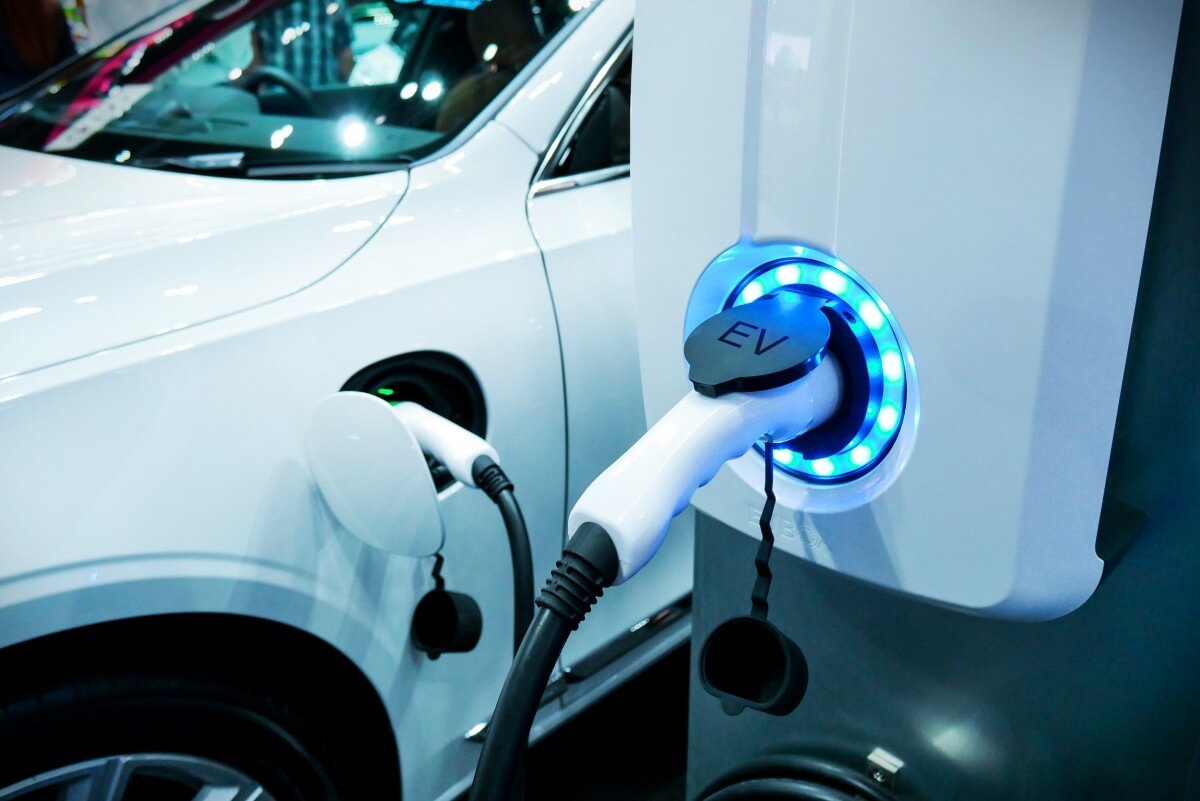
Level 2 chargers have fast become the standard for electric vehicle owners, with 80-85 percent of charging occurring at the driver's residence.
These chargers can supply up to 19.2kW of power via a separate 240V circuit. A Level 2 charger can increase your electric vehicle's range by 20-60 miles per hour, depending on the EV's make and model.
To install your Level 2 charger, you may need to make the following electrical adjustments:
Adding a 240V outlet will require a circuit to be run from your breaker panel.
If your electrical panel does not have adequate ampacity or space for a double pole 240V breaker, you may need to upgrade before adding a new 240V circuit.
A plug-in installation is OK for chargers with a maximum amperage of 40A, but anything over 50A must be hardwired.
A separate meter must be installed for your electric vehicle charger by some power providers.
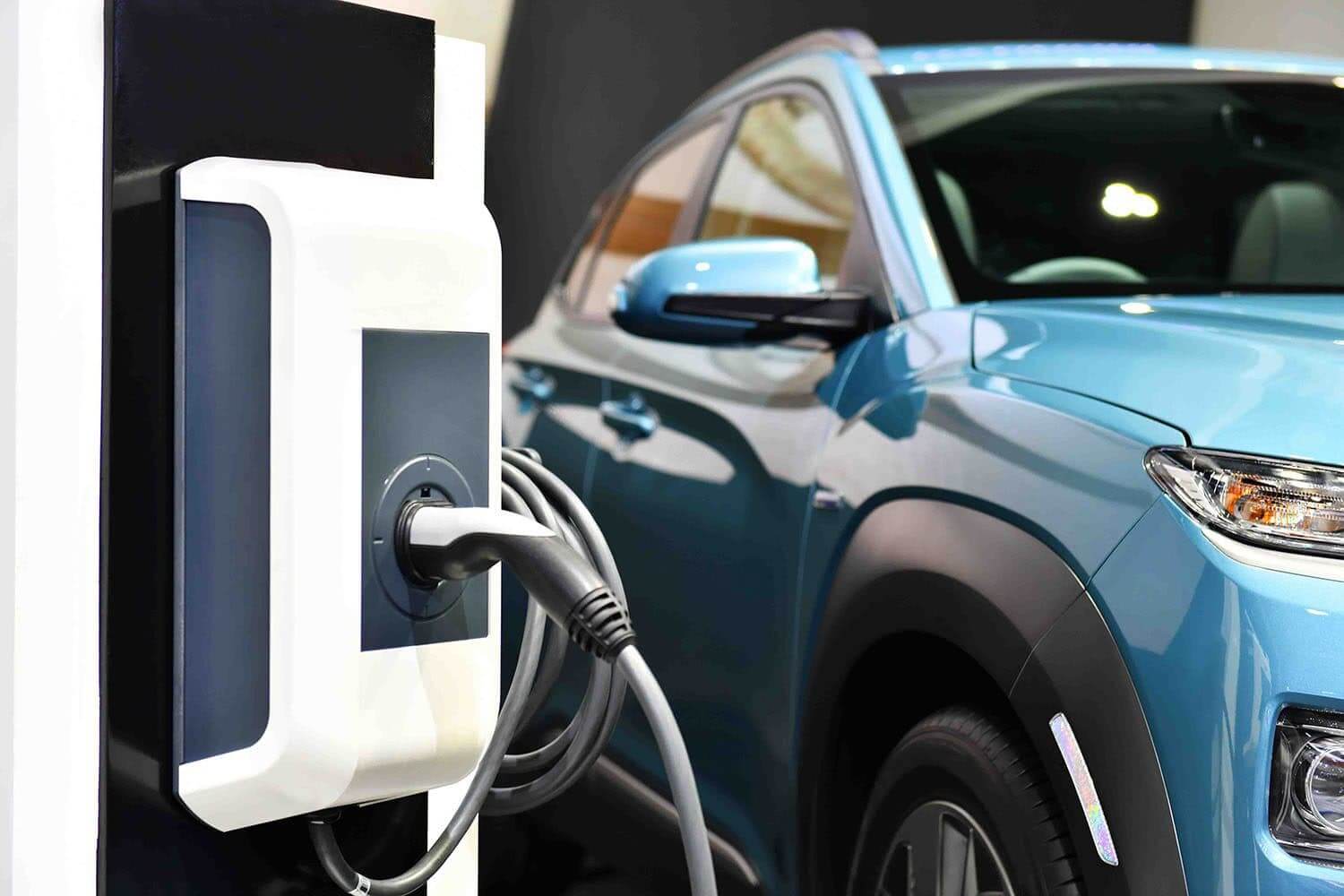
Since you are not making any changes to your home's electrical system when connecting a 40A charger to an existing 240V outlet, no permit is required.
A new EV charging circuit requires an electrical permit in most circumstances. Local regulations may vary, but in most places you'll need to get a permit before making any changes to your home's electrical system, including installing new outlets or upgrading your electrical panel.
If you want to undertake any remodeling to make room for your Level 2 charger, you may also require a building permit.
Getting this project's permit is advantageous in other ways as well:
By requiring the installer to obtain a permit, you can rest assured that they will adhere to all electrical and building laws in your area.
Your permit will come in handy if you ever need to show proof of the work done on your home to the insurance company or a potential buyer.
If you want to get the most out of owning an electric vehicle (EV), you should get a home charger installed. A public charging station is where you should go if you don't have access to a home EV charger. Depending on how often you drive your EV, this may be necessary. Instead, you can save time and money by installing a Level 2 EV charging station in your garage or driveway.
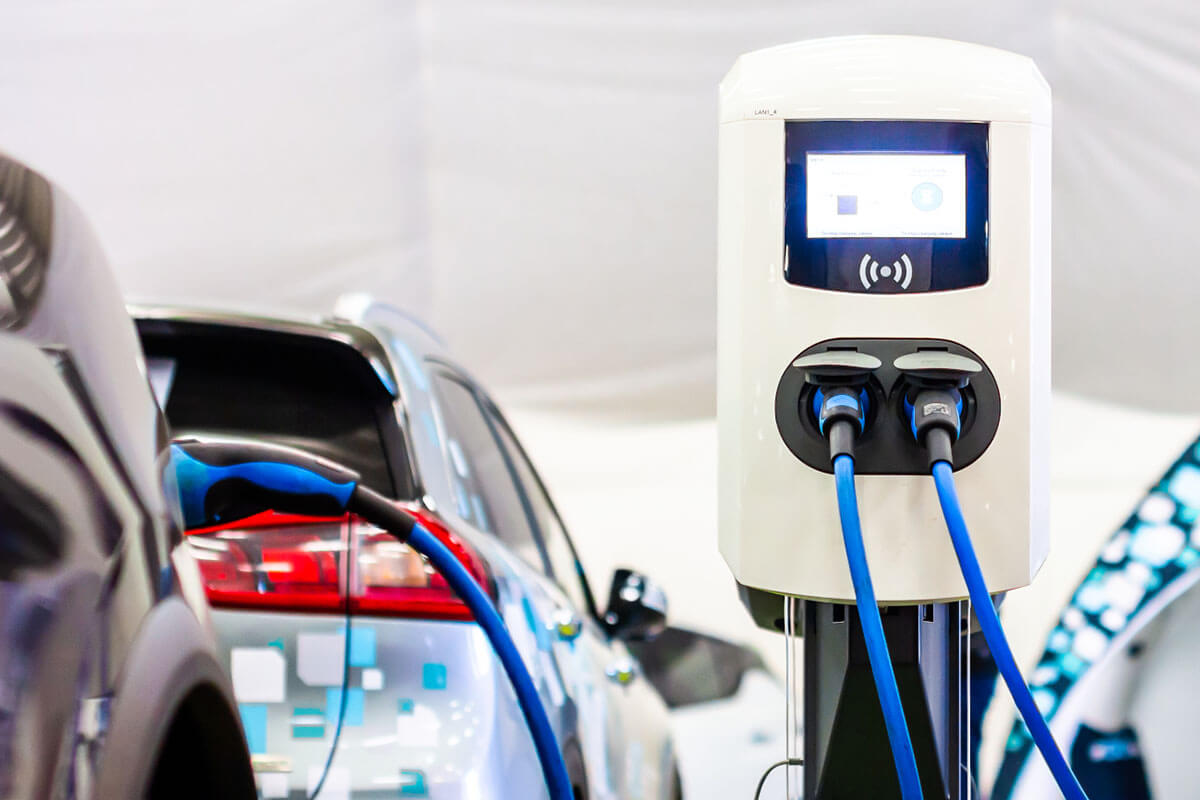
If you want to put in an electric vehicle charging station, you'll need a permit from the city or county. After your HVAC system, your EV charger is likely to be the largest single consumer of electricity in your home. To ensure the safety of you and your family, it is important to obtain a permit before beginning the electrical work required to install an EV charger. Keep reading to find out what an electric vehicle charging station is and why it requires a permission to be installed in your home.
Before beginning the project, a permit must be obtained. Permits can be obtained by submitting an application to the local building permit authority; however, having your installer handle this step can save you time and money in the long run by reducing the likelihood of filing errors.
Permit applications might be difficult to complete on your own because of the technical information required about the electrical modifications (such as the wiring system, overcurrent protection method, and how the project will comply with all local jurisdictional codes), so having your installer apply on your behalf is the easiest option.
A Level 1 EV charger can be plugged into a standard household outlet, however it is not durable enough for regular usage. Many refer to Level 1 charging as a "trickle charge." Its slowness makes it impractical for most uses. A Level 1 charger is adequate if you just plan to drive your EV once a month, but you'll want to use it much more frequently if you want to get the benefits of owning an electric vehicle. With a Level 2 charger for the house, you may charge in the safety and comfort of your own residence. In addition to saving money on gas and public charging, you can enjoy the convenience of always having a fully charged electric vehicle.
If you want to install a Level 2 charger in your house, You will need to hire an electrician regardless of whether you go with a plug-in or hardwired setup. Most EV charging manufacturers advise against DIY installation. If you don't use caution and the right installation methods, you could hurt yourself or start a fire in your home.
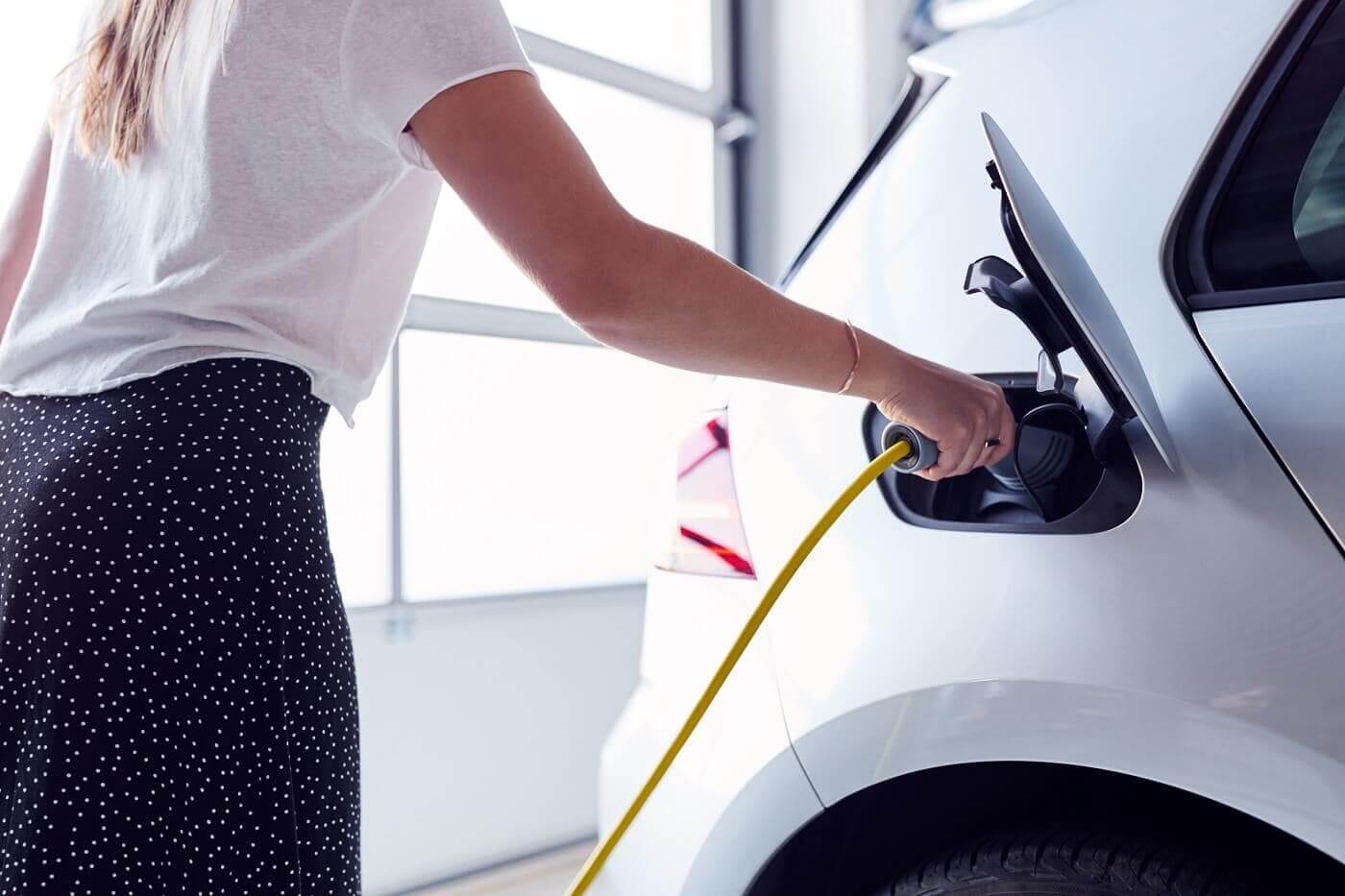
Once you've found an electrician, you'll need to discuss getting a permit from your city or jurisdiction for the EV charging installation with them or figure it out on your own. For electric vehicle charging installations, permits are typically needed from local authorities.
It's understandable if you're wondering, "What if I don't pull a permit, what is the worst that can happen?"
The decision to not obtain a permission can have serious repercussions. The installation of an electric vehicle charging station without the proper permits will be stopped immediately by the relevant authorities. In addition, you may be required to pay a fee for breaking the building code.
In the event of an accident or fire in your house, your homeowner's insurance may reject your claim.
Keeping you secure is our number one priority. Permitting electrical work protects people and their possessions from harm. Permits ensure that only qualified, licensed electricians perform electrical work, and that all necessary precautions are taken. Load calculations, an electrical layout, a site plan, and other relevant material are typically required with the application for a permit.
As was previously indicated, your electric vehicle charging station will be among the largest electricity consumers in your home. To avoid overloading your electrical panel, it is crucial to do a load calculation analysis. If you overload your panel, a fire could break out. A load management device can help alleviate the problem if it is installed before it becomes too severe.
Electric vehicle charging stations fall under the purview of the NEC because of the "continuous loads" they present. The National Electrical Code (NEC) defines "continuous load" as an anticipated maximum current for three hours or longer. The permit guarantees that the electrician is following the Code when working on the electrical system.
To obtain a permit, in-depth electrical understanding is required. Most homeowners won't know where to go for the details required to submit a complete application for an electrical permit.
All the details you'll need to know about the procedure are laid out below.
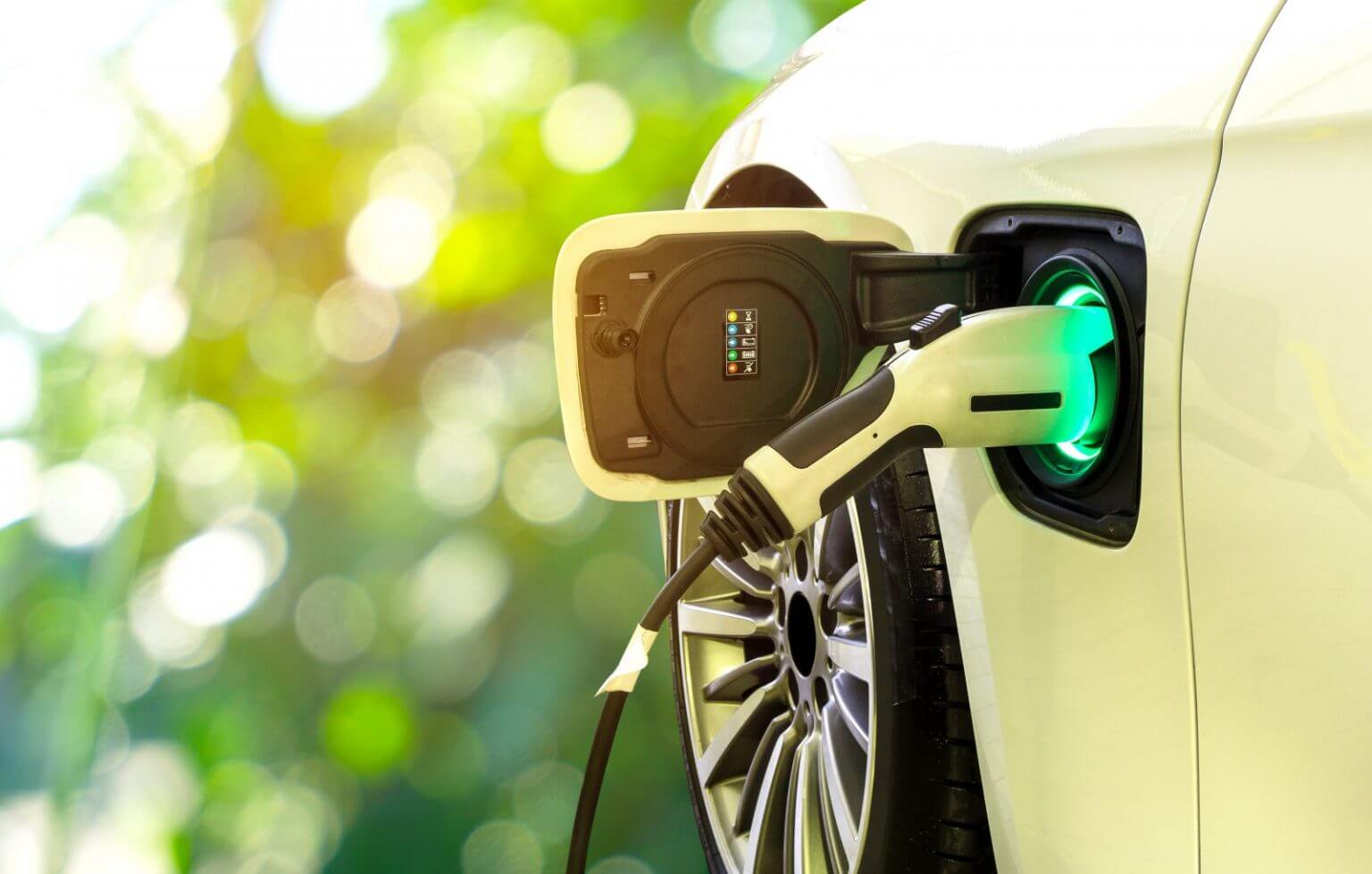
Permits of the following categories may be needed for your EVCS, depending on its size and complexity.
A valid electrical permission is needed to install additional circuits and outlets, however a separate charging station plugged into an existing outlet does not need a permit.
Any business charging station that has a roofed canopy or other structure will require a business New Building permit.
Permit required for installation of advertising signs at commercial charging stations.
Zoning regulations for EV charging stations are also in place.
You may need some or all of the following paperwork depending on the size and complexity of your project:
Plans for Buildings and Construction. No EVCS plan submission is needed for a single-family home. Only an electrical permit application through PLUS will be needed.
Plan for a smaller portion of the site; see Site Related Plans for further detail.
Applicants who are neither the property owner nor a registered contractor must have permission to apply for a permit.
If the owner information does not match the current tax records, usually because a new owner has taken over, a Property Ownership Affidavit must be submitted.
If the application does not include the name of a licensed contractor, a "License Exemption" must be provided.

扫码关注
We use cookies to understand how our audience uses our site.
Renon Power websites use cookies to deliver and improve the website experience. See our cookie policy for further details on how we use cookies. Privacy Policy